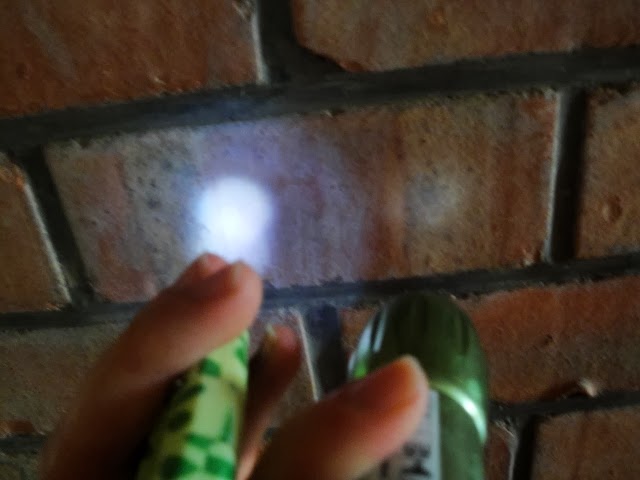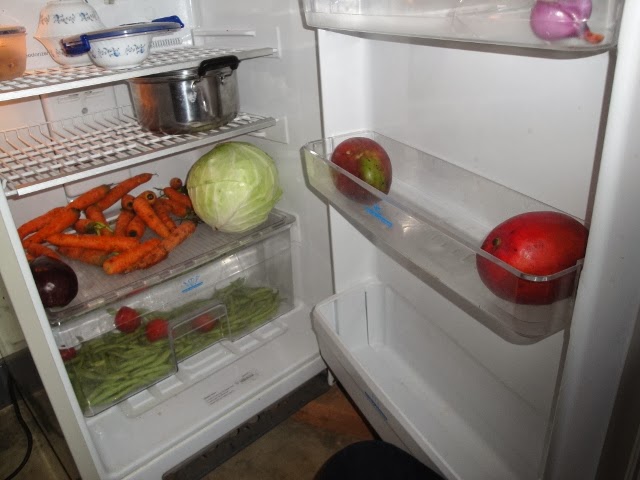"Education is the most powerful weapon which you can use to change the world."
-Nelson Mandela
I suppose that since I came to Rwanda to work for a school I
should talk about that a bit more! When
I showed up in Rwanda all I knew was I was going to a very high quality girl’s
boarding school for 7th-9th graders. It is fairly typical in Rwanda for secondary
schools to board their students and be single sex.
Specifically I assumed I would be chiefly assisting with
English. Children begin their study of English in early primary school and all
instruction is conducted in English within a few years. The Primary School National Exam is
administered in English, meaning every student at Maranyundo knows enough
English to excel at this exam and gain admittance into the school. But unexpectedly there is a huge range in
English ability! Some girls went to premium
primary schools in the capital and are almost fluent. Impovershed children unable to pay tuition
are sponsored by the Maranyundo Initiative and likely to come from impoverished
communities with less qualified teachers. Sometimes they have trouble following
basic commands. The span in a single
class creates an interesting challenge.
 |
| Students are on Rwandan money. I think this is the best indication of how highly Rwandans value education. |
The first thing I noticed about Rwandan education is the seriousness
of the issues they address. I remember
taking the SAT and my writing prompt being something about celebrities. Here, the graded composition motion was
“Education is a fundamental catalyst for economic development.” The entire
school meets for debate every two weeks and the most recent topic was “Has
foreign aid done more harm or good in Rwanda?”
Their country is facing important problems and every student knows
it.
I think the US Education System could take some notes in
that regard (hehe, take notes…about school, get it?), but I still sometimes
break that mold. The girls are obsessed
with typical teenage pop music and during my lesson on English articles (a, an,
the) I teased them with example sentences about how Justin Bieber is the worst
singer. Justin Bieber is a worse singer than Bob Marley. They were shocked.
| What the computer lab actually looks like |
 |
| What it sometimes feels like. I found these in a business courtyard in Kigali. No idea why they're there |
So far, at teachers’ requests I have covered lessons in
English, Computer, Math and even substituted when the Geography teacher was
unable to come. The most challenging by
far was the computer class. The
electricity went out no fewer than three times while we practiced touch typing. But the students just groaned good naturedly
and we modified the lesson.
Even with the challenges, I love it. During my Geography session, I think they
sensed my lack of plan and capitalized by asking a ton of questions. And I relished
their questions and curiosity. Despite
their terrible reputation, middle schoolers are at such a great age; they are
still so excited to learn and are old enough to explore deep concepts.
Their questions included (the lesson was supposed to be an
introduction into astronomy):
How many stars are in the galaxy?
How many galaxies are in the universe?
Are there aliens?
Why is there only life on Earth?
Could we live on the sun?
Does Pluto still exist?
Why do we sometimes see only half the moon?
Why is there no snow in Rwanda?
Why is Antarctica alway1s cold?
Why do people around the world have different skin colors?
Why do some people have different colored eyes?
Why do people in the US lay in the sun?
Why are there big snakes in America?
Why is America always at war?
I love working with students because that eagerness is
infectious!

.jpg)
.jpg)
.jpg)























